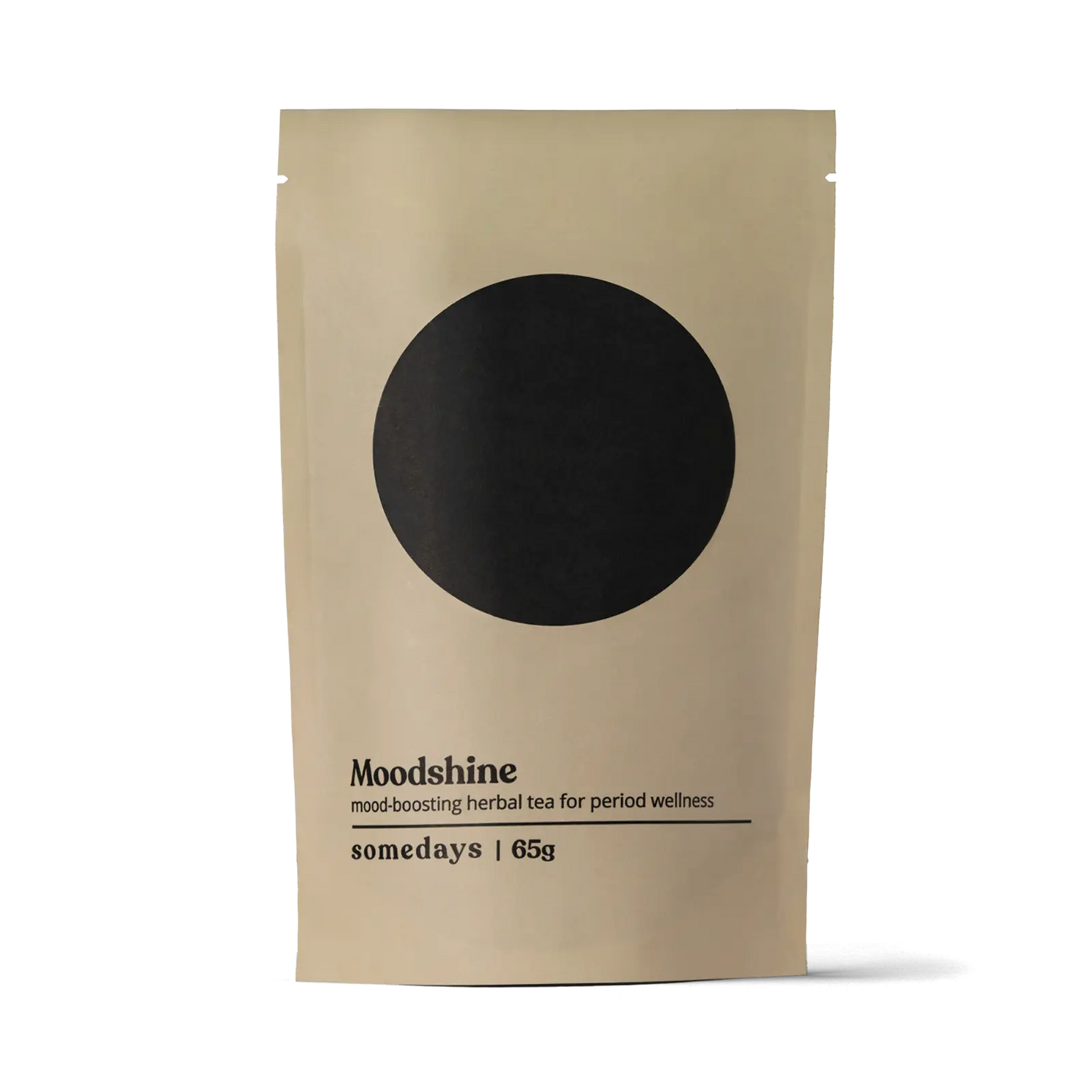What Is Medical Gaslighting and 5 Ways To Recognize It

Am I exaggerating my symptoms of pain?
Do I really need medical attention?
Doctors are always right, so they must be right about my experiences of pain….right?
These were the thoughts that plagued my brain immediately following appointments for seeking medical help for my chronic pain. I remember feeling as though there were two conflicting realities in my head—my severe experiences of pain, and the doctor’s dismissal of my pain.
These two realities were constantly at war, and most of the time—the reality created in medical offices won. Though I could not put into the words this experience before, I now look back on these experiences and recognize that the war in my head post-appointment was the direct result of being medically gaslit, and that I was doubting the reality of my symptoms due to these experiences.
What is Medical Gaslighting?
But what is medical gaslighting? Gaslighting as a concept generally refers to the repeated denial of someone’s reality in an attempt to invalidate and dismiss them. This concept was previously thought of as confined to individual relationships.
However, there has been a more recent sociological perspective of gaslighting which moves away from just intimate relationships and instead emphasizes the structural contexts of gaslighting by restructuring the concept as rooted in inequality and executed in power-laden relationships, like the one between patient and doctor.
In the medical sphere, medical gaslighting can be defined as the ways in which medical professionals deny the patients' claim of symptoms, which results in the patient questioning their own bodily experiences. People with chronic pain or illnesses that involve “medically unexplainable” symptoms of pain are most vulnerable to experience medical gaslighting.
In my many years of navigating the medical system for chronic pain, I have experienced medical gaslighting in nearly all of my interactions that included a trip to any kind of medical office.
There are some common themes I noticed in nearly all of my interactions, and I will now summarize them in order to tell you 5 ways to recognize medical gaslighting.
1. Psychologizing Pain
“Are you sure you’re not just stressed?”
Have you ever been to a medical professional with symptoms that are very physical and were repeatedly asked about your mental health? This was always the first question I was asked in doctors’ offices, and it resulted in me questioning my own sanity because it made me feel like my symptoms were something that I had imagined.
Medical professionals tend to psychologize pain that they cannot find a source for; this includes referring someone to a mental health professional for very physical symptoms, emphasizing stress levels, and even bringing up mental health without a referral to a specialist.
Being told that the pain is—literally—in your head, invalidates the experiences of the person enduring pain and can result in the person questioning their experiences and doubt their symptoms. Reflecting upon if you are constantly being asked about your mental wellness, your stress, or your mood when you are seeking attention for other symptoms is a key way to recognize medical gaslighting.
2. Explaining Away Symptoms
“Well…have you tried to lose weight? Or exercise more?”
Other than a hyper-emphasis on mental health, one of the most common experiences of medical gaslighting that I have experienced are doctors “explaining away” symptoms. From my personal experience, these suggestions include:
“Well, if you lose weight or go on a diet, maybe you wouldn’t have these problems.”
“Are you sure you’re not just in pain because you don’t exercise enough?”
“Just drink more water, then you will feel better!”
Though making healthy choices for your body and exercising and drinking water is important, this is one of the ways to recognize medical gaslighting because doctors are individualizing your health and putting the onus on you to get better, in the absence of adequate medical care options.
By giving non-medical solutions in face of symptoms that could be treated or diagnosed medically, people struggling with symptoms in these interactions can often feel like their pain does not exist because it de-medicalizes their symptoms.
3. No Further Investigation or Follow Up After Initial Testing
“Your tests are normal! You’re healthy!”
I am sure that anyone enduring a chronic condition has experienced the dreaded “There is nothing wrong with you, you are perfectly healthy!” coming from a doctor after test results are returned as “normal”.
This can be incredibly disorienting and stressful, as you are being told that you are healthy, but your symptoms say otherwise. The issue with a lot of the standard testing done when faced with symptoms of invisible illnesses is not a lot of these tests will return results that indicate the presence of these conditions.
This doesn’t mean that nothing is wrong, but that the tests that were provided were not able to show what is wrong. For example, the only tests that can be used to check for the physical cues of endometriosis are pelvic exams, ultrasounds, and MRIs, and the basic testing given in doctors’ appointments will not return any trace of endometriosis. When faced with “normal” tests, doctors tend to dismiss the persons' claims of sickness and/or pain.
If you notice that your doctor dismisses your bodily experiences based on standard tests coming back normal despite still having symptoms, you may be experiencing medical gaslighting.
Tip: if a doctor refuses to issue a test, ask this to be noted in your chart—a lot of people have seen doctors offering to do the tests after the patient has said this.
4. Invalidating and Dismissing Pain and Symptoms
“Don’t worry, your symptoms are normal!”
For people who menstruate, there is the pervasive belief that pain is normal and should be expected during menstruation. This idea makes medical gaslighting easier to perpetuate because menstruation and pain are so conflated to the point of it being difficult for people who menstruate to determine what is “normal”.
Normalizing pain to this extent also gives medical professionals the option of determining that any pain is simple menstrual pain if the person seeking attention menstruates. If you notice that your symptoms are being dismissed as “normal”, then you may be experiencing medical gaslighting.
5. Being Sent Away Without Any Answers, Treatments, or Follow Up Plans
How do you feel post-appointment?
Other than the cues coming from medical professionals I previously discussed, one of the main ways I began to recognize instances of medical gaslighting was taking a moment to really acknowledge and reflect on how I was feeling post-appointment.
A direct result from experiencing medical gaslighting is the person doubting their own experiences and beginning to feel “crazy”; this is tough to combat because as an article on medical gaslighting states, the effects of medical gaslighting are exacerbated when the ‘gaslighter’ is of greater authority, like a physician.
If you begin to question the existence or severity of your symptoms after the appointment, feel crazy, or question your own bodily experiences, you may be experiencing medical gaslighting.
Medical gaslighting is a complex issue, but I am optimistic now that more and more people are taking notice of this common phenomenon. If you experience medical gaslighting, remember that you are not alone, advocate for yourself in doctors’ offices, and validate your own experiences.
Previous Article All Articles Next Article
All ArticlesHot Spell
A highly concentrated bath oil formulated with magnesium and ginger to promote deep muscle relaxation and comfort. Made with the highest quality undiluted magnesium sourced from the Zechstein Sea.
Contains 80ml
$39.00
ADD TO CARTFlaxseed Heatpad
Designed to fit comfortably over your pelvis, this weighted heatpad is hand made and custom embroidered in-house. Warm again and again in the microwave or oven to enjoy long-lasting heat infused with chamomile essential oil for aromatic bliss.
$65.00
ADD TO CART




